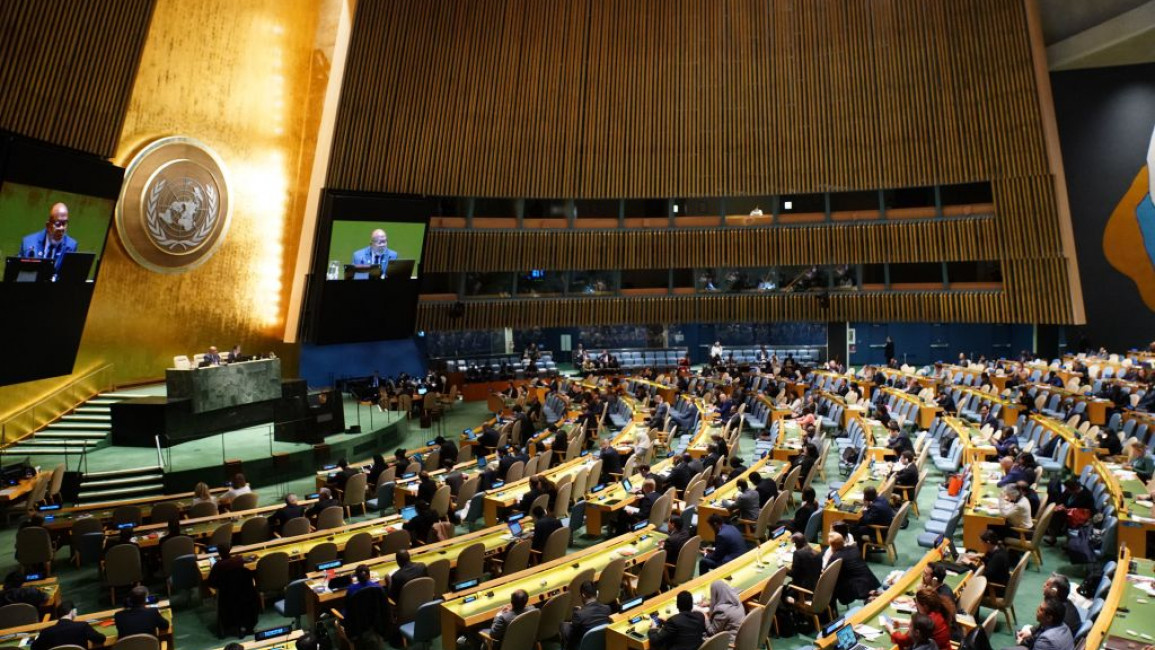The United Nations General Assembly is set to convene on Tuesday to address the escalating humanitarian crisis in Gaza. This meeting comes in the wake of the United States’ veto of a Security Council resolution calling for a ceasefire. The veto has prompted a special session organized by the representatives of Egypt and Mauritania, who chair the Arab Group and the Organization for Islamic Cooperation, respectively.
Background:
The situation in Gaza has reached a critical point, with the vetoed Security Council resolution expressing “grave concern over the catastrophic humanitarian situation in the Gaza Strip.” This concern has led to a call for an immediate humanitarian ceasefire and the unconditional release of all hostages. Diplomatic sources suggest that the General Assembly, even though its resolutions are nonbinding, may vote on a similar text during the upcoming meeting.
Repercussions of the Security Council Veto:
Last week, the United States blocked the Security Council’s resolution for a ceasefire, prompting criticism from various quarters. UN Secretary-General Antonio Guterres had invoked Article 99 of the UN Charter, convening an emergency meeting to address the matter. Guterres expressed concern that the UN’s “authority and credibility” had been “severely undermined” by the delayed response to the conflict.
Previous General Assembly Resolutions:
The General Assembly had previously addressed the conflict in Gaza in late October, calling for an “immediate, durable, and sustained humanitarian truce leading to a cessation of hostilities” between Israel and Hamas. Subsequently, the Security Council, for the first time, broke its silence on the war two weeks later, urging “extended pauses and humanitarian corridors.” However, the language used was less explicit than that of a ceasefire or truce.
The Role of the General Assembly:
The upcoming General Assembly meeting holds significance as it provides an alternative platform for addressing the crisis in Gaza. While the resolutions are nonbinding, a unified voice from the international community could exert pressure and draw attention to the urgent need for a ceasefire and humanitarian relief.
As the UN General Assembly gears up for a special meeting on Tuesday, the focus remains on finding diplomatic solutions to the escalating crisis in Gaza. The international community, through the General Assembly, has another opportunity to collectively address the humanitarian concerns and push for immediate measures to alleviate the suffering of the people in the region. The outcome of this meeting could play a crucial role in shaping the ongoing response to the conflict and fostering a path towards peace and stability in the region.















